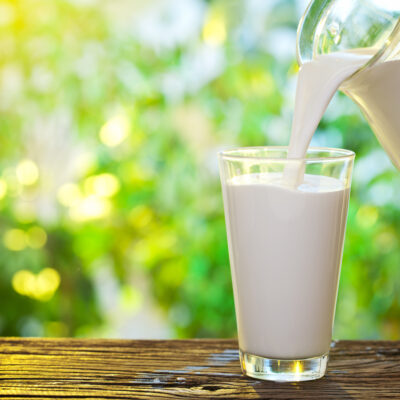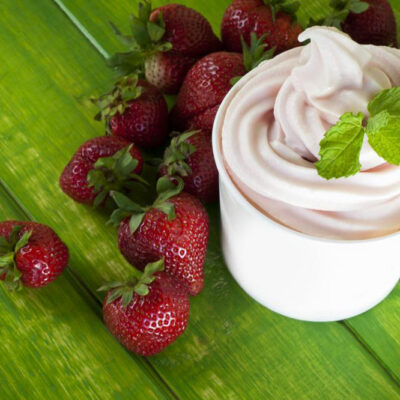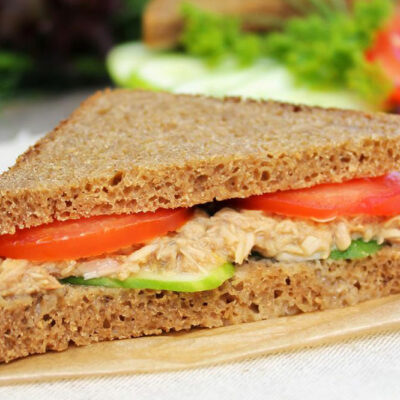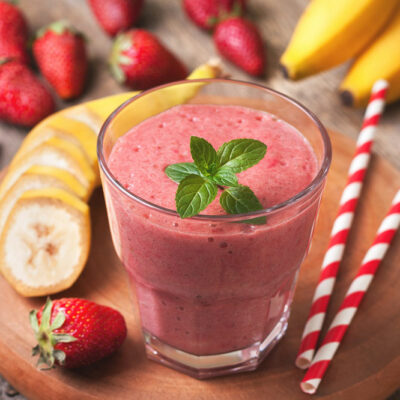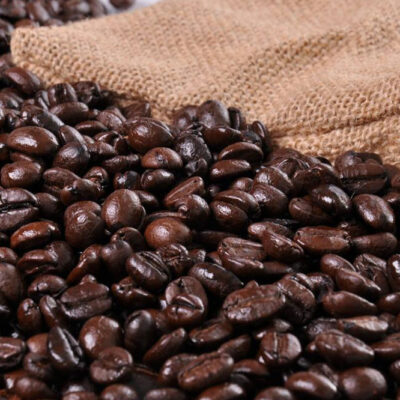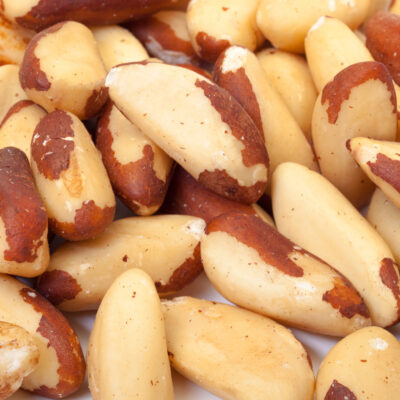
Health
10 Foods to Help Ease Depressive Symptoms
Clinical depression is an acute form of depression that requires intervention from depression treatment facilities and multiple online therapy sessions. Early warning symptoms include sleep changes, irritability, sadness, and hopelessness. Prevention is better than cure; thus, eating healthy food will significantly lower the risk of clinical depression. A healthy diet includes eating plenty of fruits, vegetables, food rich in omega-3s, and reducing intake of processed foods. Here are ten foods that help reduce depressive symptoms: 1. Oysters Oysters are rich in vitamin B12 and omega-3 fatty acids, which help to reduce brain shrinkage and prevent depression. Indeed, the polyunsaturated fatty acids found in oysters are essential to reducing anxiety and suicidal thoughts. Additionally, oysters have other micronutrients, like zinc, which help control mood disorders. 2 .Eggs with the yolk Egg yolk is rich in vitamin D, which helps brain function, reduces depression, and is associated with an elevated mood. Eggs also contain an amino acid called tryptophan, which is essential in creating serotonin, which helps the brain function and reduces anxiety, and helps in regulating sleep, mood, behavior, and memory. 3. Flaxseed Flaxseeds are rich in the omega-3 fatty acids DHA and EPA, which lift the mood and fight depression.
Read More 

